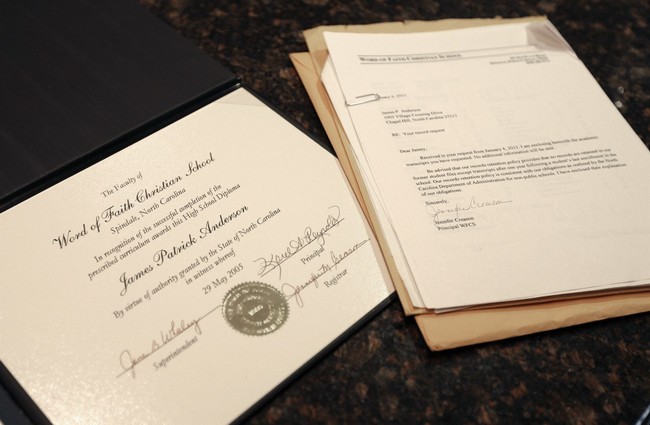Education
Universities Face Scrutiny Over Grade Inflation and Quality Crisis

Grade inflation in higher education has ignited a significant discussion regarding the quality of education and the future competency of graduates. Critics argue that awarding high grades for minimal effort results in a generation of graduates lacking the necessary skills to fulfill their professional roles. This trend poses serious risks, particularly in fields like medicine and law, where poorly qualified professionals could have dire consequences for public safety and well-being.
Concerns about grade inflation extend beyond universities, infiltrating the K-12 education system as early as kindergarten. A deepening crisis in educational standards has led to calls for reform, with many educators pointing to the detrimental effects of inflated grades on future job prospects and societal well-being. For instance, a former high school Reading Remediation coach reported encountering numerous students who, despite being promoted, struggled with basic literacy. These students, now entering the workforce, find themselves ill-prepared, potentially setting them up for long-term economic hardship.
The issue of grade inflation is not merely anecdotal. In one local public school, it was reported that 50% of students received an ‘A’ in 10th grade Chemistry. This raises concerns about how these students will fare in college-level courses, where they may face significant challenges due to inadequate preparation. The waste of time and financial resources is troubling, particularly when students struggle to meet basic academic requirements after having been led to believe they were adequately prepared.
Impact on Educational Standards
The conversation around grade inflation also touches on the role of student evaluations of teachers, which have been in place for over three decades. Many argue that this system has created an environment where maintaining rigorous academic standards has become increasingly difficult. As students push back against faculty assessment, the pressure to inflate grades can undermine the integrity of educational institutions.
This trend is exacerbated by societal expectations that every student must attend college to achieve success. Critics argue that this mentality overlooks the value of vocational education, which can offer substantial economic opportunities with potentially quicker returns on investment. As the educational landscape evolves, the importance of school choice is highlighted. If public schools are compelled to compete with alternative institutions that produce better outcomes, they may be incentivized to improve their standards.
The consequences of grade inflation extend beyond individual experiences; they reflect broader systemic issues within education. As students graduate with credentials that may not accurately represent their abilities, employers face challenges in assessing qualifications. The disparity between the skills promised by academic credentials and the actual competencies of graduates could lead to long-term repercussions for various sectors.
In conclusion, addressing the issue of grade inflation requires a multifaceted approach, focusing on systemic changes within both higher education and K-12 systems. As the conversation continues, the imperative for rigorous academic standards and genuine educational outcomes becomes increasingly clear. The future of various professions—and the overall quality of expertise available to society—depends on the decisions made today regarding educational practices and policies.
-

 Technology5 months ago
Technology5 months agoDiscover the Top 10 Calorie Counting Apps of 2025
-

 Technology2 weeks ago
Technology2 weeks agoOpenAI to Implement Age Verification for ChatGPT by December 2025
-

 Health3 months ago
Health3 months agoBella Hadid Shares Health Update After Treatment for Lyme Disease
-

 Health3 months ago
Health3 months agoAnalysts Project Stronger Growth for Apple’s iPhone 17 Lineup
-

 Health3 months ago
Health3 months agoErin Bates Shares Recovery Update Following Sepsis Complications
-

 Technology5 months ago
Technology5 months agoDiscover How to Reverse Image Search Using ChatGPT Effortlessly
-

 Technology3 months ago
Technology3 months agoElectric Moto Influencer Surronster Arrested in Tijuana
-

 Technology2 months ago
Technology2 months agoDiscover 2025’s Top GPUs for Exceptional 4K Gaming Performance
-

 Technology5 months ago
Technology5 months agoMeta Initiates $60B AI Data Center Expansion, Starting in Ohio
-

 Technology5 months ago
Technology5 months agoRecovering a Suspended TikTok Account: A Step-by-Step Guide
-

 Health5 months ago
Health5 months agoTested: Rab Firewall Mountain Jacket Survives Harsh Conditions
-

 Lifestyle5 months ago
Lifestyle5 months agoBelton Family Reunites After Daughter Survives Hill Country Floods



















